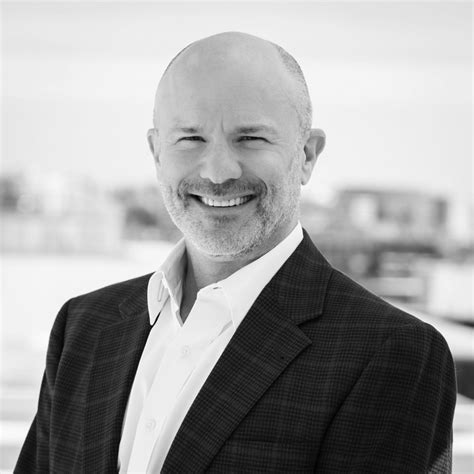A Quote by E. O. Wilson
The real problem of humanity is the following: we have paleolithic emotions; medieval institutions; and god-like technology. And it is terrifically dangerous, and it is now approaching a point of crisis overall.
Related Quotes
Humanity today is like a waking dreamer, caught between the fantasies of sleep and the chaos of the real world. The mind seeks but cannot find the precise place and hour. We have created a Star Wars civilization, with Stone Age emotions, medieval institutions, and godlike technology. We thrash about. We are terribly confused by the mere fact of our existence, and a danger to ourselves and to the rest of life.
In Cuba, what we do not accept is the comparison of our participatory democracy with bourgeois democracy which has not solved anything for humanity. The only thing it has done is to take humanity towards a precarious point. They have created the environmental crisis, the food crisis, the water crisis and the pandemics all over the world. The reason for that is because they have taken the majority of the resources and given it to militarism paid for by the western powers because it is a great business for them; this is the real truth.
Real change doesn't come without crisis. Childbirth doesn't come without crisis. I think that's happening with humanity now. Our growth has generated multiple crises...and these are the contractions that are propelling us into a new world, whether we like it or not, but I think we're going to like it.
Now comes the threat of climate crisis - a threat that is real, rising, imminent, and universal. Once again, it is the 11th hour. The penalties for ignoring this challenge are immense and growing, and at some near point would be unsustainable and unrecoverable. For now we still have the power to choose our fate, and the remaining question is only this: Have we the will to act vigorously and in time, or will we remain imprisoned by a dangerous illusion?
What has happened to create this doubt is that a problem (such as a deep conflict or a bad experience) has been allowed to usurp God's place and become the controlling principle of life. Instead of viewing the problem from the vantage point of faith, the doubter views faith from the vantage point of the problem. Instead of faith sizing up the problem, the situation ends with the problem scaling down faith. The world of faith is upside down, and in the topsy-turvy reality of doubt, a problem has become god and God has become a problem.
... universal adoption of the institutions of the free society would better enable adaptation to climate both now and in the future. It would also ensure that, if at some point in the future, a real catastrophe, whether human-induced or otherwise (including climate change), does loom on the horizon, humanity would be in a better position to address it.


































